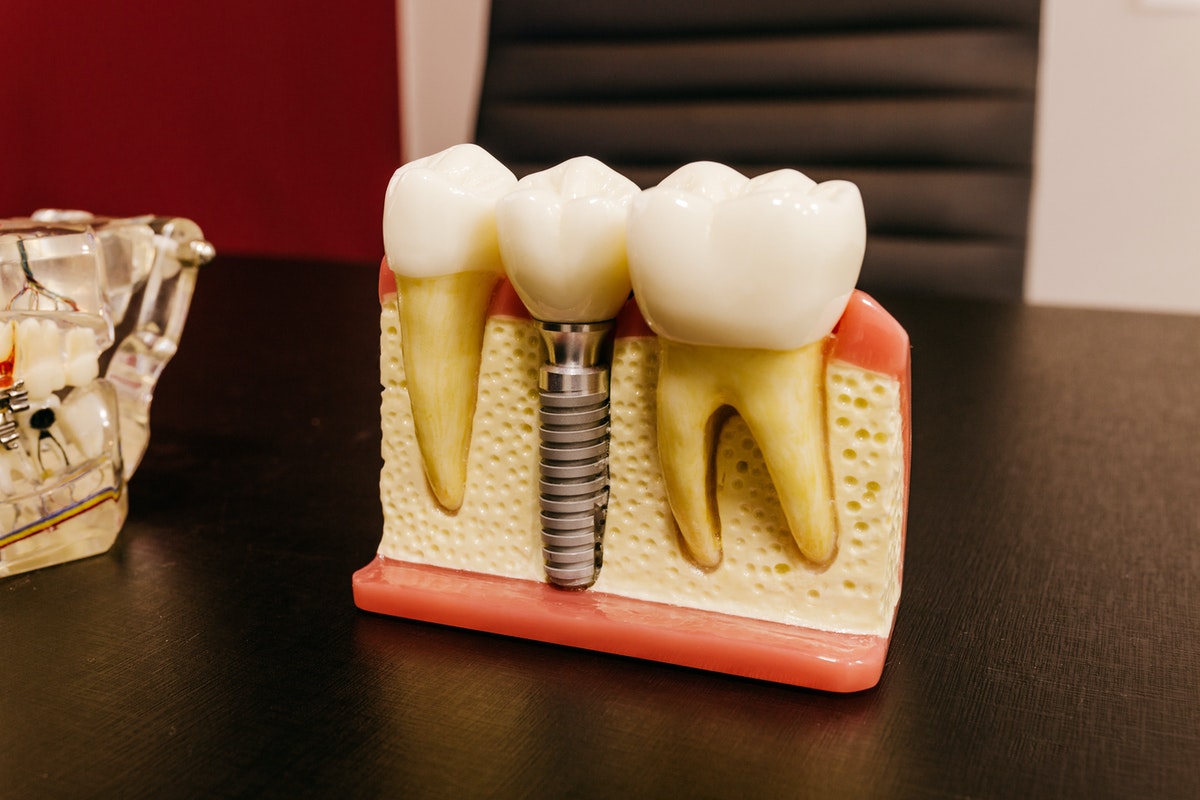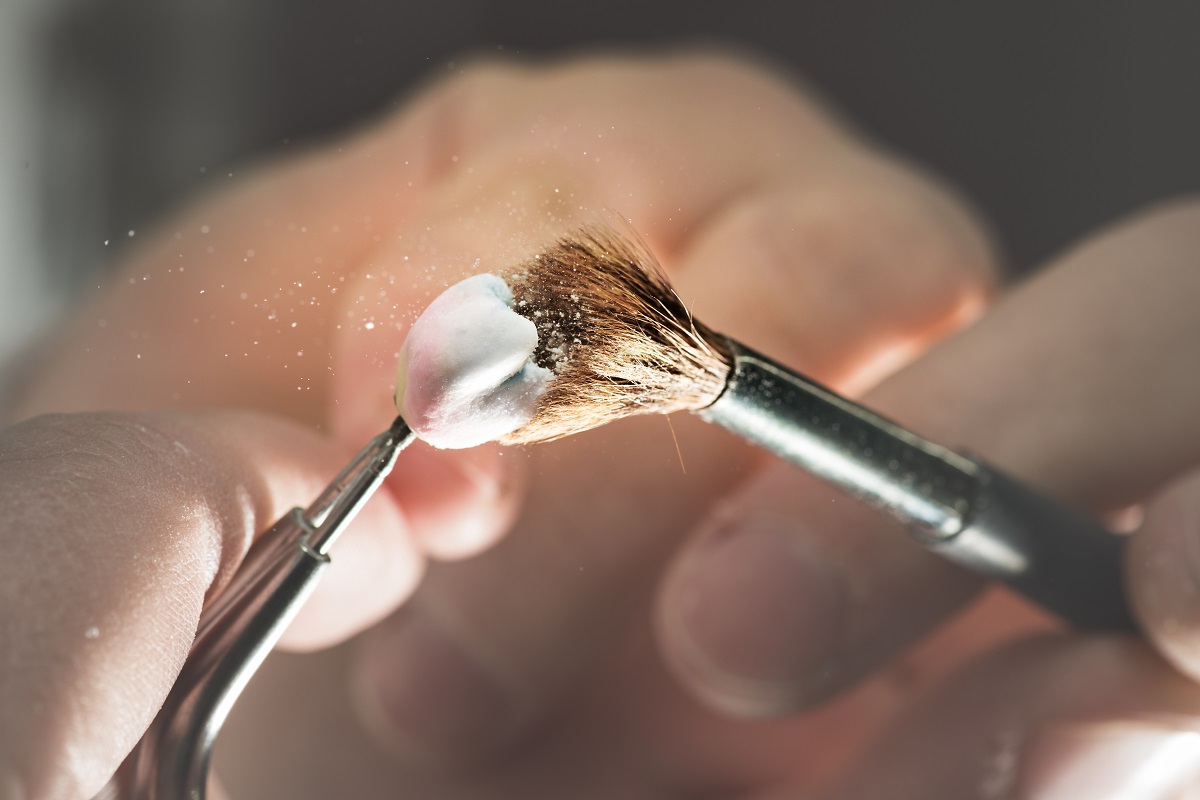Chances are if you have a gap caused by a missing tooth or teeth, you are looking for a way to close it quickly.
You may have already tried dentures or fitted bridges, which while initially effective, can cause issues with rubbing and movement. Also, while not noticeable at first, fitted bridges can put pressure on the teeth they are attached to, causing issues with wear and cracking which is obviously undesirable.
If you have searched the internet for a solution, you will have inevitably come across oral implants. Affixed to the jaw after a careful surgery, they allow the fitting of a prosthetic tooth or teeth to be placed in your mouth securely, removing the need for denture glue or metal attachments to surrounding teeth.
But in your internet searching, you may have also come across one or two myths relating to oral implants, leaving you curious about what the truth is. Here, the most common myths are answered, allowing you to decide if they are the right treatment for you.
Myth 1- Oral implants are obvious
No, they aren’t.
A dental implant is attached underneath the gum line, so once the fitting is completed, only the top of the implant will be visible. Once the prosthetic tooth or teeth are attached, they will look indistinguishable from your natural teeth, thanks to the skill of the dental team who made them; they can colour match perfectly and will even be able to have minor imperfections if you wish!
Myth 2- Older people can’t have oral implants
This is an odd myth; older people are often perfectly suited to having oral implants fitted, provided that their general and dental health is good!
However, if you are older and are taking medication or have a degenerative bone disorder (such as osteoporosis), then you should talk to your doctor before having oral implants fitted to ensure there are no contraindications.
Myth 3- They fall out

Oral implants rarely fall out; they are statistically more likely to move than to fall out and this is very rare!
However, if you do notice that your implant appears to be moving (with or without the prosthetic attachment) contact your dental team for an assessment.
Myth 4- They require excessive maintenance
One of the best things about having oral implants fitted is that they require no additional maintenance.
Once the implant has been fitted and you are waiting for it to fuse, you will need to take steps to ensure it stays in place but generally, once it has fused and the prosthetic tooth is attached, they require the same care as your natural teeth.
Myth 5- They can cause headaches and jaw pain
This is a more recent myth and has been linked to the presence of titanium in an oral implant. However, there is no evidence that titanium in your jaw (or anywhere in your body) causes headaches, migraines or jaw pain.
Of course, if you begin suffering from headaches once you have had oral implants fitted, you should talk to your dentist.
DISCLAIMER
Any surgical or invasive procedure carries risks. Before proceeding you should seek a second opinion from an appropriately qualified health practitioner.

